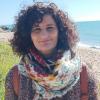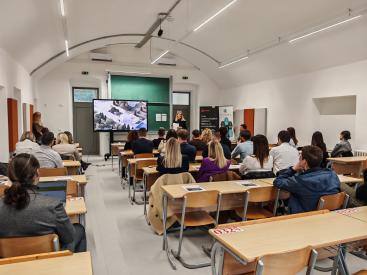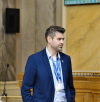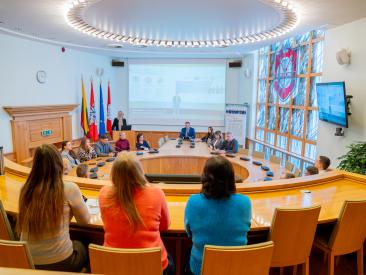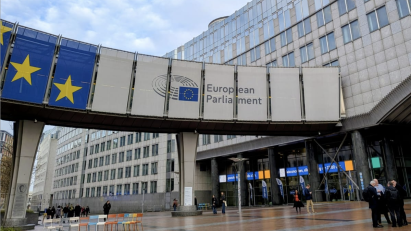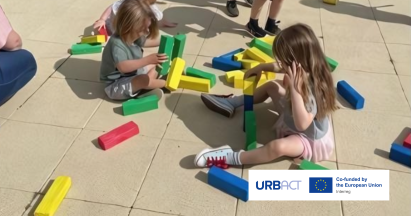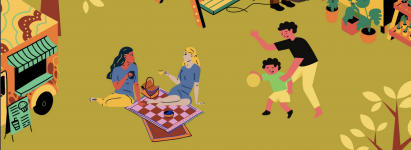14/06/2021 31/12/2022
Closed
Playful Paradigm increases the capabilities of cities to answer global challenges including those emerged during covid19. It promotes inclusion, intergenerational solidarity, SDGs, resilience, healthy lifestyles. Play is a serious matter and can make the difference for a better urban future of cities. The Playful paradigm helps to re-think the community welfare and it is replicable adaptable to other urban contexts, since play is a universal principle, naturally practiced by every human being.
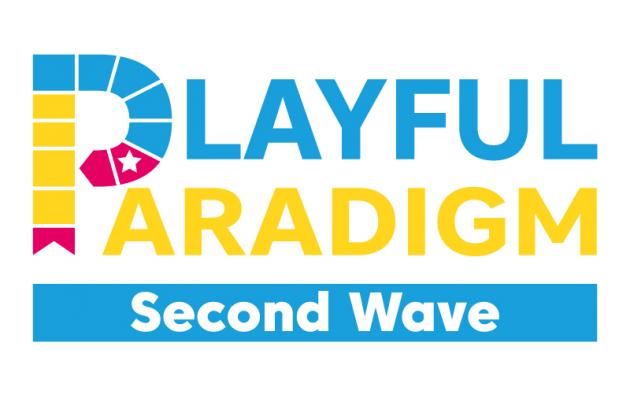
PLAYFUL PARADIGM Second Wave
Summary
Partners
Lead Partner : Udine - Italy- Grosuplje - Slovenia
- Igualada - Spain
- Municipality of Jelgava
- Lousã - Portugal
Timeline
- 01/08 - 1-TNM-Kick-off meeting - Virtual
- 16/12 - 2-TNM-Grosuplie (Slovenia) - Virtual
- 28/05 - World Play Day 2022
- 11/02 - 3-TNM-Jelgava (Latvia) - Virtual
- 07/07 - 4-TNM-Igualada (Spain) - Face-to-face
- 5-TNM-Lousã (Portugal) - Presence
- 6-TNM-Udine (Italy) - Final Meeting - Presence
Network Outputs
-
_joyrnal_3.pdf(PDF, 17Mo)
-
Joyrnal #4.pdf(PDF, 33Mo)


